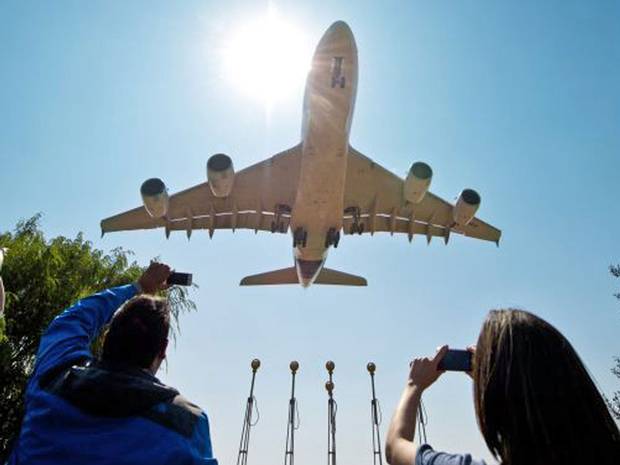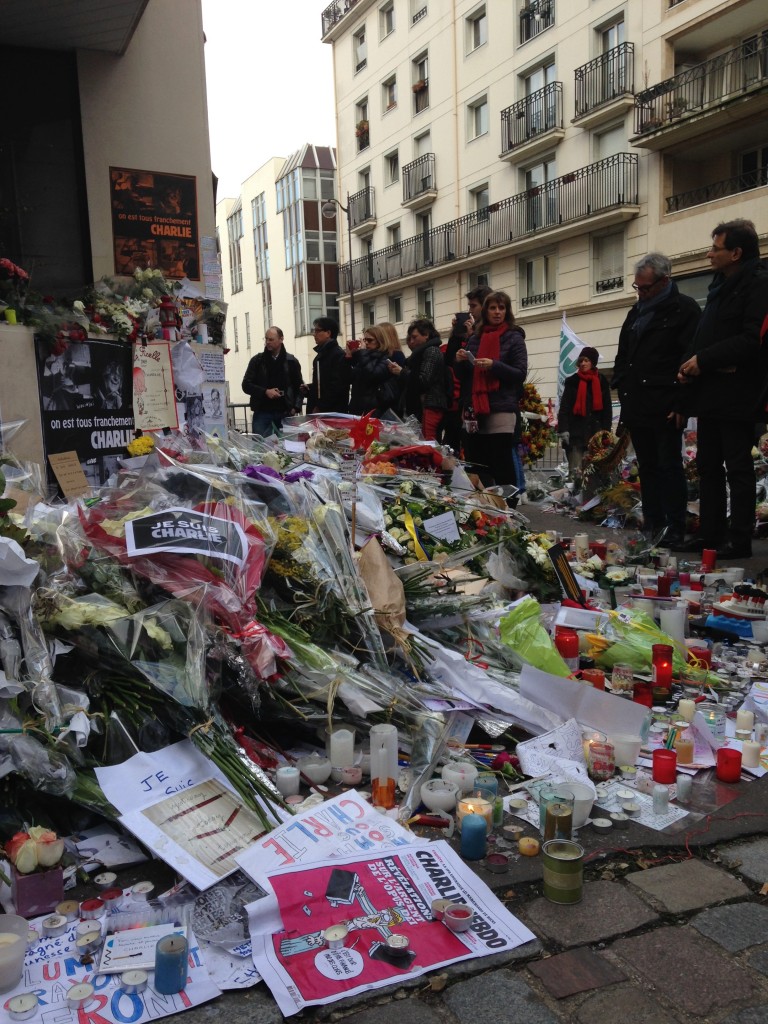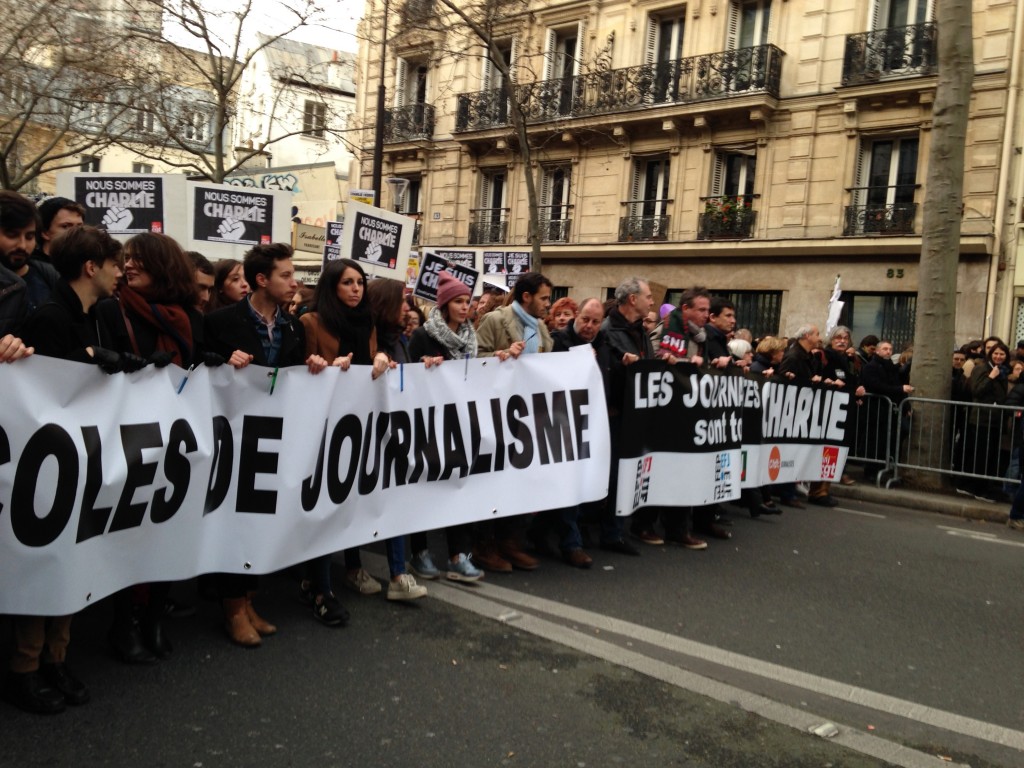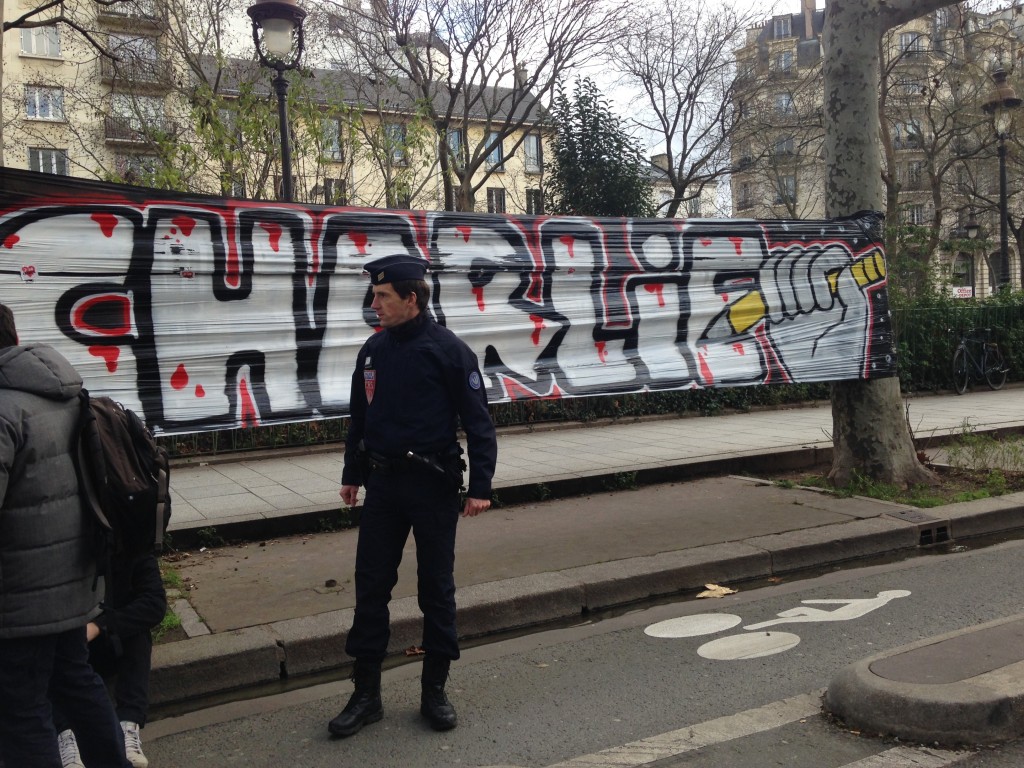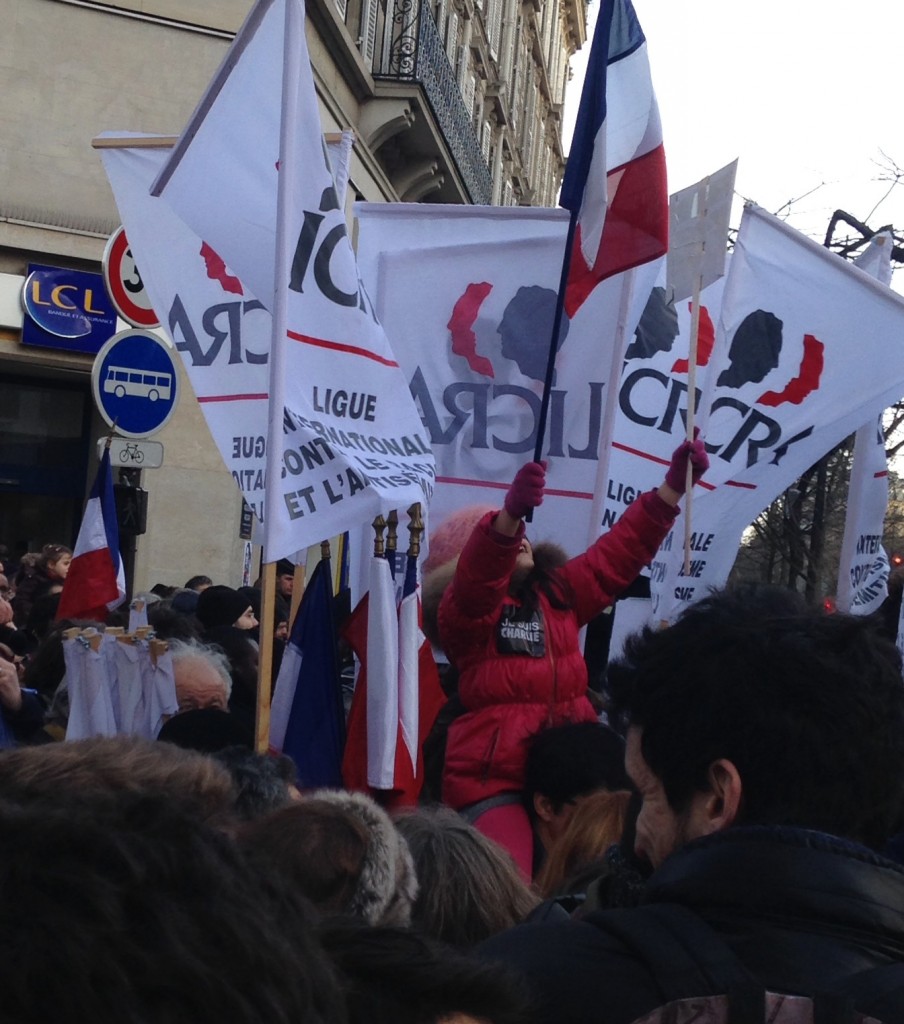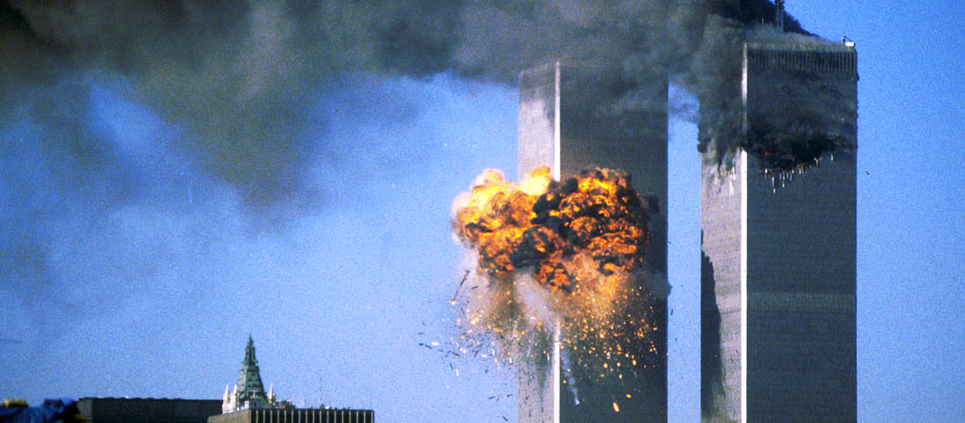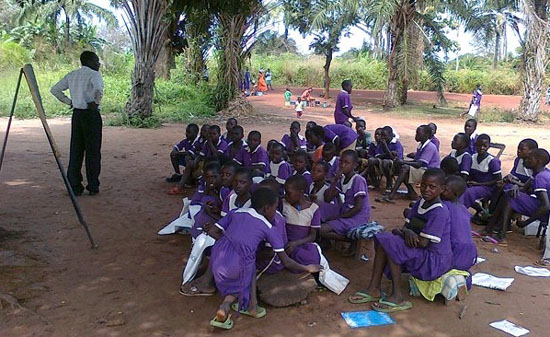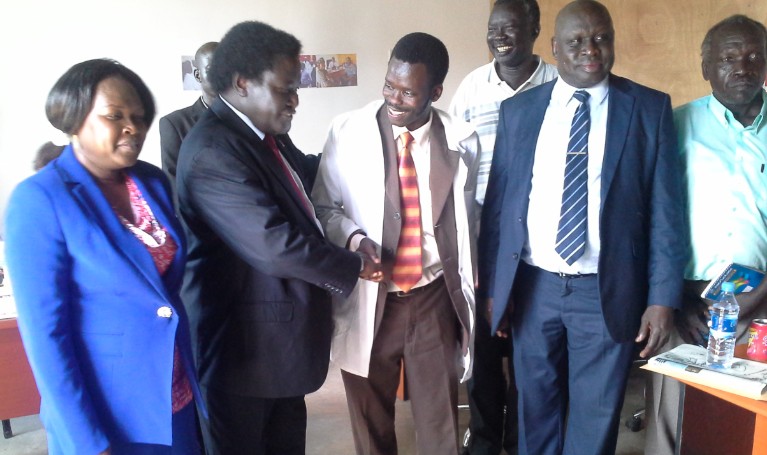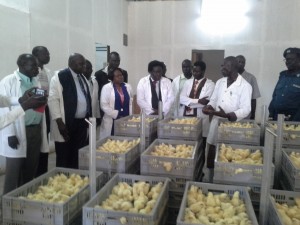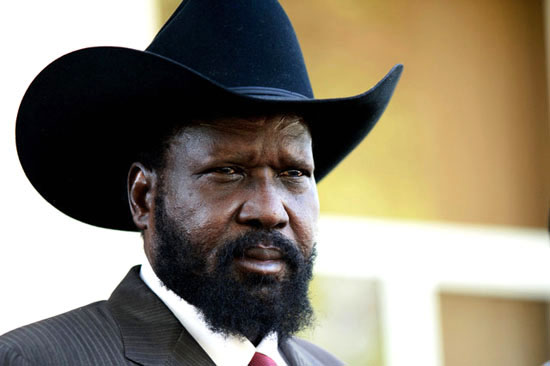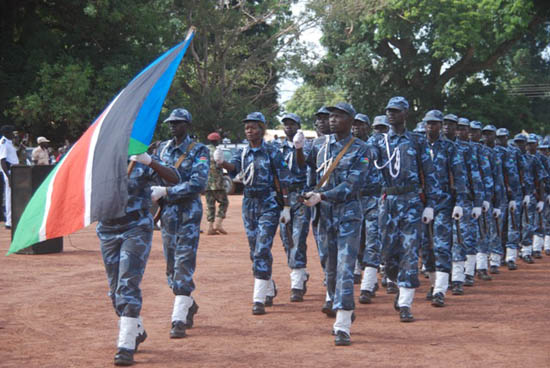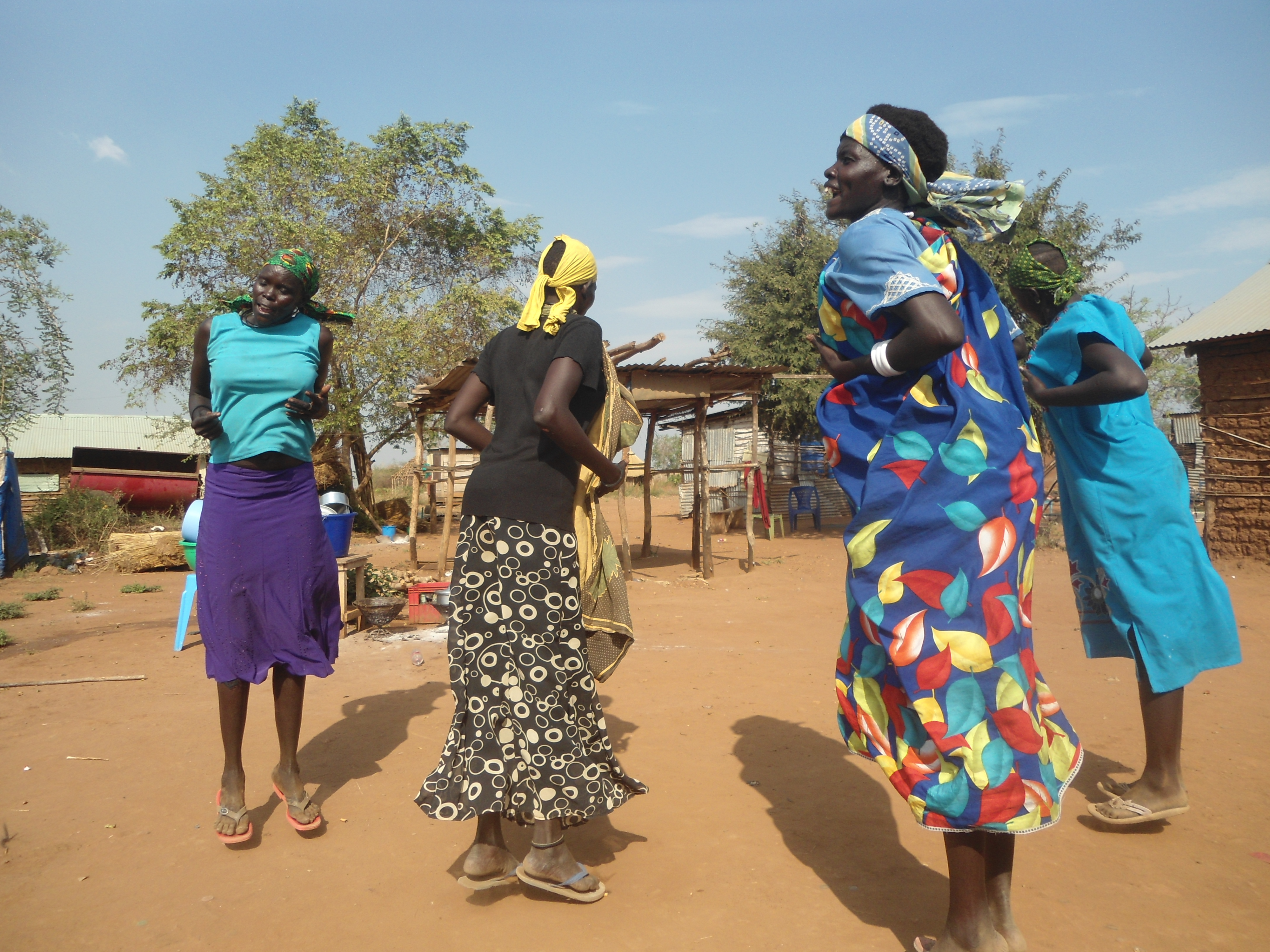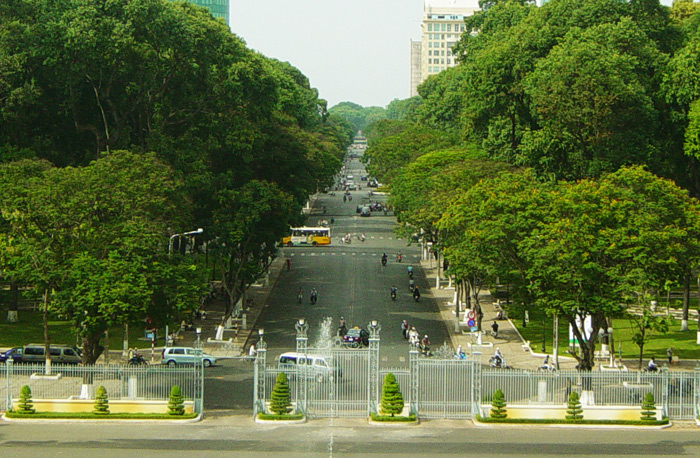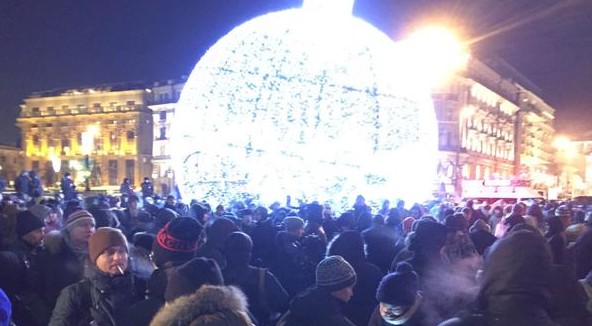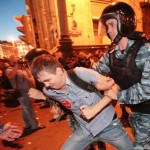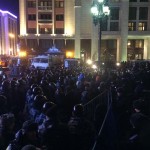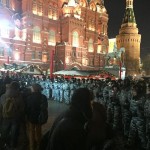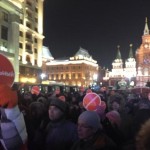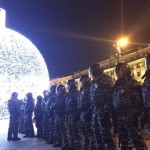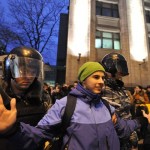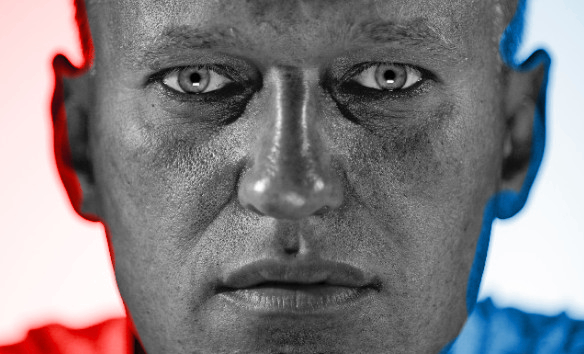Russian opposition leader Alexey Navalny was expected to receive a stiff sentence of up to 10 years for charges of fraud–charges widely believed to be a veil for the Russian government’s suspected interest in silencing the outspoken critic–but a surprising verdict saw Navalny walk out of court Tuesday with a suspended sentence, hours before his rearrest for breaking house arrest to attend a protest in Moscow’s Manezh Square.
Navalny was expected to receive 10 years in a penal colony. The prosecutor asked 9 years, but in other recent cases, such as Kirovoles, they added another year.
However, and to the surprise of many, he received a suspended sentence, while his brother Oleg Navalny received three and a half years for the same offense.
Navalny attempted to attend a protest at Manezh Square, located directly in front of the Kremlin, and was arrested by Russian police while en route for breaking the conditions of his house arrest sentence.
Thousands of protesters attended the protest to voice their opposition to the trials of the Navalnys and the Russian war in Ukraine.
Over 100 protesters were arrested at the demonstration. Because the protest was not authorized by the Russian government, all participants committed crimes by attending.
Navalny has been under house arrest since February since he was charged with defrauding French cosmetics firm Yves Rocher with his brother. The men were found guilty of stealing approximately $520,000.
Navalny has been known to the Kremlin since at least 2011 when he was among the leaders of strong protests in Moscow.
The verdict for the sentence was expected to be handed down Jan. 15, 2015, but was brought forward abruptly to Dec. 30, the main Russian New Years holiday. The Russian New Year break begins Dec. 30 and ends Jan. 8. Commenters noted that the date may have been an attempt to avoid or mitigate large-scale protests.
By James Haleavy
Last week Navalny delivered his final speech in court–a form of address called in Russia a “last word,” in which he referenced exiled writer Alexander Solzhenitsyn. In the speech, Navalny reiterated Solzhenitsyn’s phrase, “Live not by lies.”
The 1974 essay was published on the day Solzhenitsyn was arrested by Soviet secret police for treason, and ended, “DON’T LIE! DON’T PARTICIPATE IN LIES! DON’T SUPPORT A LIE!” [sic].
In the essay, Solzhenitsyn argued that the Soviet system was held together by a vital lie, which had become a mode of existence in the land.
Navalny addressed his echo of Solzhenitsyn’s words to the Russian public who participate in the current system of lies–those, Navlny said, who looked into the table rather than eye to eye.
Prosecution may also be directed at other activists associated with Navalny. An investigation into the organizers of public readings in parks have been accused of using public funds to support Navalny in a recently opened investigation.Navalny’s final word:
The last word of Alexei Navalny
“How many times in his life can a person who is not engaged in anything illegal pronounce his last words? Over the past year and a half, this is my sixth or seventh last words. It’s as if we are coming to the last days. All of you–judges, prosecutors, plaintiffs–in your conversations with me, look at the table. You all say, ‘Alexey, well, you already know everything.’ I understand, I understand that you now will not jump up, nor will the representative ‘Yves Rocher’ stand up and say, ‘You have convinced me.’ No, I understand that people are not built this way. No one will say to his family: ‘Today I jailed an obviously innocent man, and I live with it.’ I understand that it will sound like, “You already know everything,” or ‘Well, what did with regard to Putin…’
“My words refer to those who practice wrong or ignore what is happening. My words to you are for recognition that we should not tolerate lies about everything. I’m told that Russian interests in Turkmenistan–they do not exist, but for the interests of Russians in Ukraine it was necessary to start a war. I am told that in Gazprom they do not steal. I bring the documents and hear, ‘This just doesn’t exist.’ I say that we are ready to run in the elections and to demonstrate that we are forming a party. And we are not allowed into the elections and hear, ‘We have won.’
“The more a person brings to a lie, the more he faces that lie. A lie is the essence of the state. Yesterday Putin spoke and said, ‘We have no palaces!’ Yes, we took pictures of three of them in a month.
“Why put up with this nonsense? Why look at the table? Life is too short to look at the table. I do not have time to look back–I’ve already turned forty. Soon I’ll have grandchildren. We’ll look around and we’ll be in bed, and they’ll be looking at us and thinking, ‘Hurry up and vacate it.’We can be proud only moments when we can honestly look into the eyes of each other, when we do something worthy.
“For me it’s quite a painful situation. And a cunning, painful format, which is chosen by the Kremlin, not just putting me in jail, but trying to bring in more people: Ofitserova, the father of five children–and his wife–I have to look them in the eye. I admit it: yes, they hook me in, and also even innocent people are being dragged in. But even taking hostages can not stop me. Life has no meaning if we tolerate lies. I will never agree with the system that has been built in this country. It is built so as to rob everyone who in this room. This is a real junta.
“I do not regret a single second of the actions which I took to fight corruption. Kobzev told me, ‘Alex, you’ll just be jailed, because you have to challenge it, and they won’t endure it.’ Nakarkal! [He has predicted evil!] You can not live with the thought ‘Oh, I will be jailed.’ I was aware of this. But I do not regret it and will encourage people to exercise their right to freedom of assembly, among other things.
“And people have a legitimate right to revolt against the junta that has grabbed everything. We allowed them to rob us and turn us into beasts. What have they paid us? or what were you paid–staring at the table? Education, do you have it? No. Health Care? No. The roads? No. What are the wages of the bailiffs standing here? No, you’re robbed every day. I will not tolerate this. Will stand as long as necessary–here, beside this cage, or inside it.
“My brother was not going to engage in politics. There is no need to aggravate this. I will not stop because of the taking of hostages, but what do they gain from killing them? I appeal to absolutely everyone. It may sound naive, and we are used to laughing at the name of this famous article [by Solzhenitsyn], but, ‘Live not the lie.’
“‘Live not by lies.’ Nothing else is left. In our country, in this situation, there’s no other solution.
“I thank you all for your support and call on everyone to ‘live not by the lie.’ I’m absolutely sure that if they isolate me, if they imprison me and so on, another will come and take my place. I never did anything unique or complicated. I’m sure that in the Anti-Corruption Fund or elsewhere there will be people who will continue to do the same, regardless of the decisions of these courts, the only purpose of which is to imitate justice. Thank you.”
[su_youtube url=”https://www.youtube.com/watch?v=h6vh4e9LqUI”][su_youtube url=”https://www.youtube.com/watch?v=EsQ63m4hLN0″][su_youtube url=”https://www.youtube.com/watch?feature=player_embedded&v=ctbc9kw1oHA”][/su_youtube]
By James Haleavy
 One-way ticket prices starts at 29 euros (35 dollars).
One-way ticket prices starts at 29 euros (35 dollars).